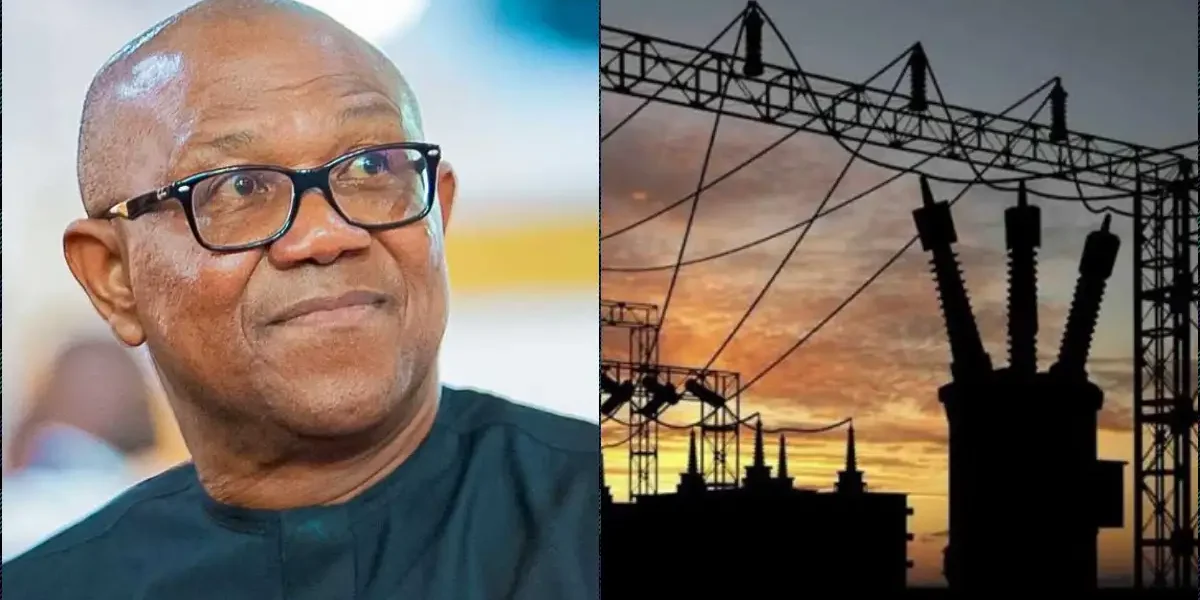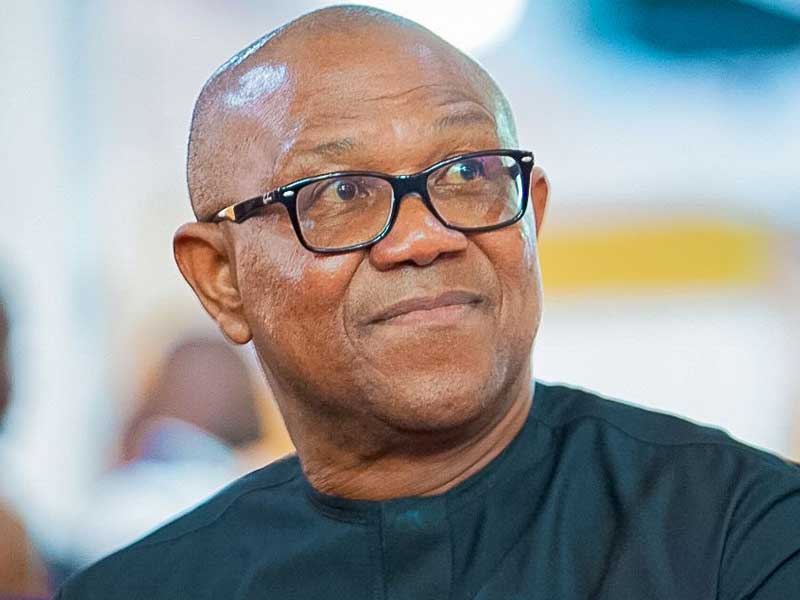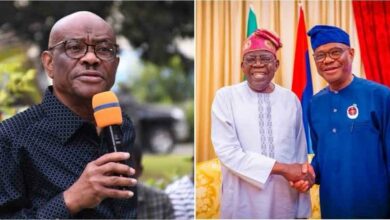Peter Obi admits error over false claim of national grid collapse

Former Labour Party presidential candidate Peter Obi has admitted to an error in his comment regarding a purported collapse of Nigeria’s national power grid.
On Saturday, January 11, 2025, social media buzzed with reports of widespread power outages, particularly in Lagos State, leading to speculations of another grid collapse. Multiple news outlets further reported a nationwide blackout, though none cited official sources.
Reacting to these reports, Obi took to his X account to criticise the government for the state of the nation’s power sector, highlighting past grid collapses and questioning the use of funds borrowed for electricity projects.
In his post, Obi wrote:
“Most of last year, we faced recurrent national grid collapses. That occurred about 12 times in the year. The untold setback and hardship it brought on households and businesses were immeasurable. One then wonders where all the funds borrowed for the power sector have gone.”
TCN Debunk National Power Grid Collapse
However, the Transmission Company of Nigeria (TCN) promptly debunked the reports of a grid collapse.
In a statement by its General Manager of Public Affairs, Mrs. Ndidi Mbah, TCN clarified that the incident involved the tripping of the Osogbo-Ihovbor and Benin-Omotosho lines, which affected the power supply in Lagos. The total power generation dropped but did not result in a grid collapse.
Peter Obi admits error
Following the TCN’s clarification, Obi issued a follow-up post, acknowledging his earlier error and expressing appreciation for the prompt response.
“Following my earlier message regarding the alleged collapse of the National Grid, which was based on reports from reputable media platforms, I have since learned that there was no such collapse.
“I appreciate the Transmission Company of Nigeria (TCN) for their prompt clarification on the matter,” he wrote.
Obi reiterated his hope for improvements in the power sector, emphasising the need to enhance infrastructure and increase power generation to meet the demands of over 200 million Nigerians.






